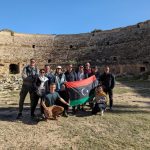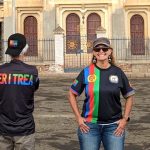The Republic of Sudan used to be the biggest country of Africa before the separation with South Sudan and so it is no wonder that it is riddled with interesting things to see and do. The fact that it has one of the world’s most ancient history and that it was at the middle of a peaceful revolution recently certainly helps also! So you’ve heard of the Napatean ruins of Kerrima, the Pyramids of Meroe and the legendary hospitality of the Sudanese people and you’d like to see it for yourself? Here are five things to know about travelling to Sudan.
Things are cheap, REALLY cheap
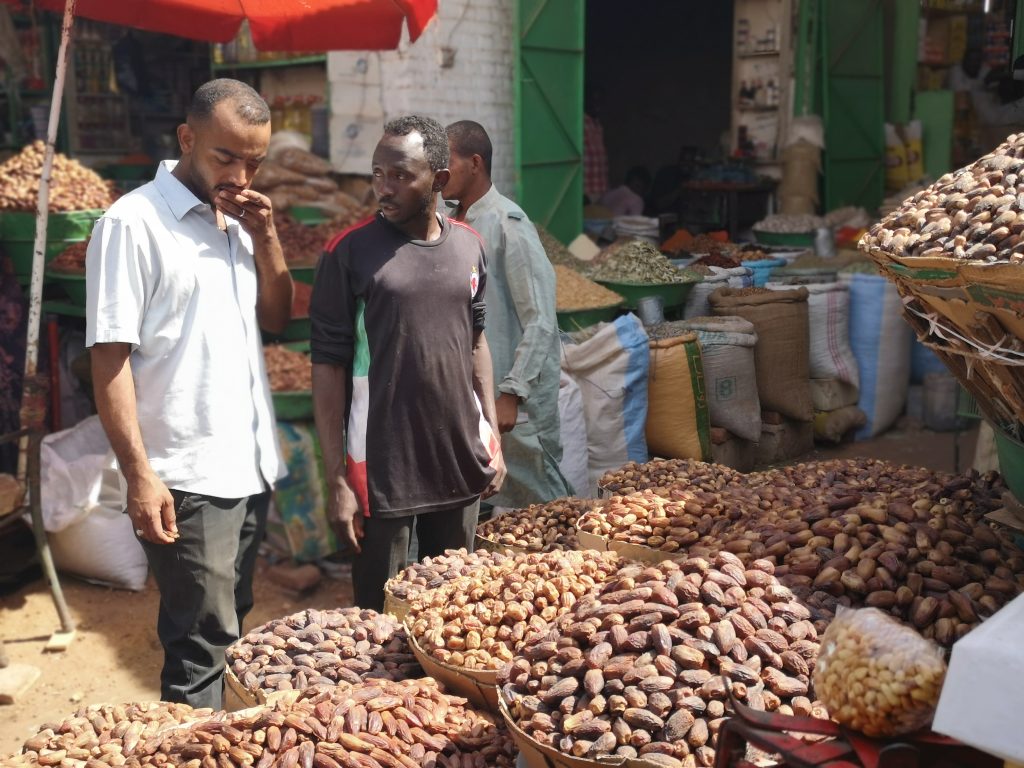
When you come to Sudan, you’ll be amazed at how cheap things are for most travelers coming from abroad in comparison. While there are no working ATMs in Sudan, you’ll certainly won’t have to carry thousands of envelopes of USD in cash to cover your expenses. A coke or a tea will set you back 10 or 20 cents. A proper meal won’t go above $3-4 and a meal in the nicest hotel in Khartoum, the Corinthian (also known has the Gaddafi Egg), a world-class all-you-can-eat buffet, will cost you about $30. A SIM card with 10 GB of data won’t cost you more than $5 either.
Sudan still has a (omnipresent and not so subtle) black market rate for currency. Avoid changing money at the airport and find someone (such as your YPT tour leader) who can hook you up with the best rates and now we’re talking ridiculous savings. The black market rate fluctuate a lot, but you are definitely looking at 3 or 4 times more money than the official rate, and even at the official rate you wouldn’t break the bank. On our tours, we often see people changing money at the beginning of their tour, buy drinks, souvenirs and snacks and change the amount of Sudanese Pounds they had left to find out that, even with their spendings, they ended up making money because the rate fluctuated favorably.
Roads are actually great!
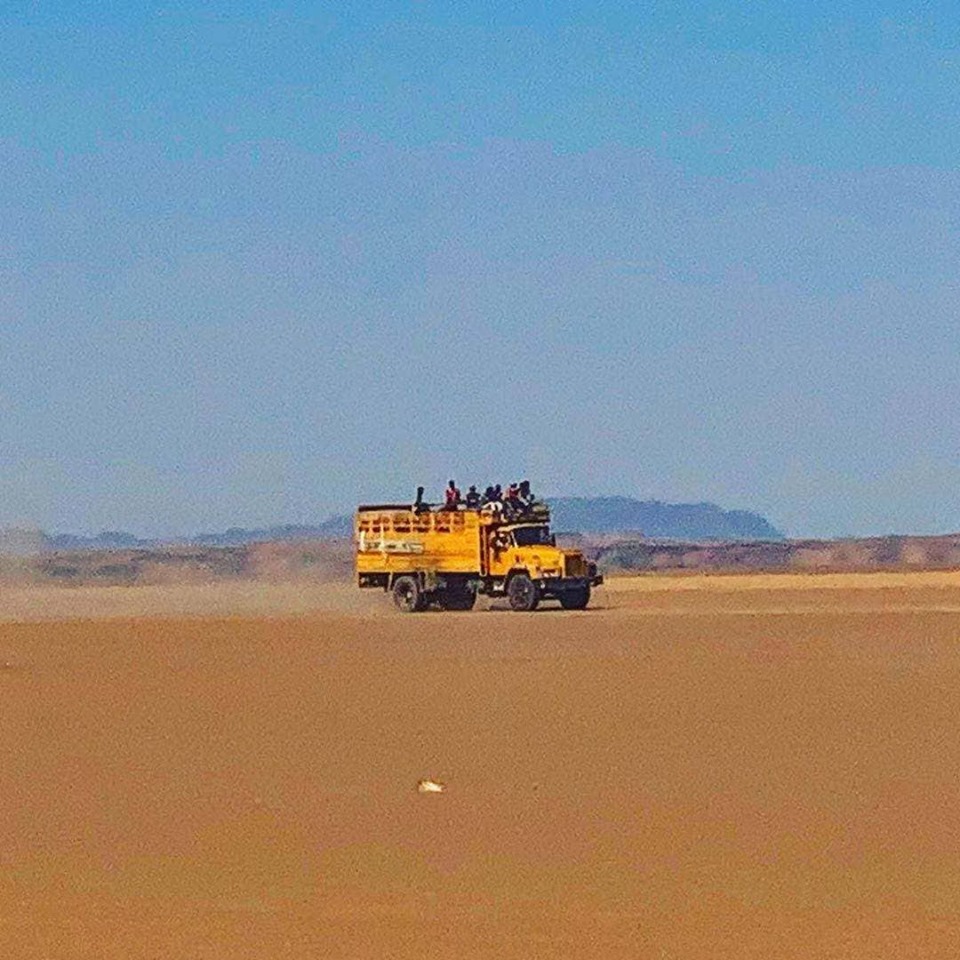
While Sudan is under embargo and commodities and services are often hard to come by for the locals, one thing that the Sudanese government assured was that the roads are great. Most of the main roads of the country linking the north of the country are fully paved, which is a godsend for those planning itineraries covering a vast distance and packing in as much as possible (such as our tour). The roads are flat and the scenery changes quite a bit, from one desert kind to the other. Once you get past Abu Hamad, however, like if you would like to go to Bir Tawil, then it is a different story, as roads end and the desert starts. A good 4WD will be necessary there.
While the roads are good, there is an impediment we need to note, and that brings us to our next point!
Gasoline and Diesel are scarce
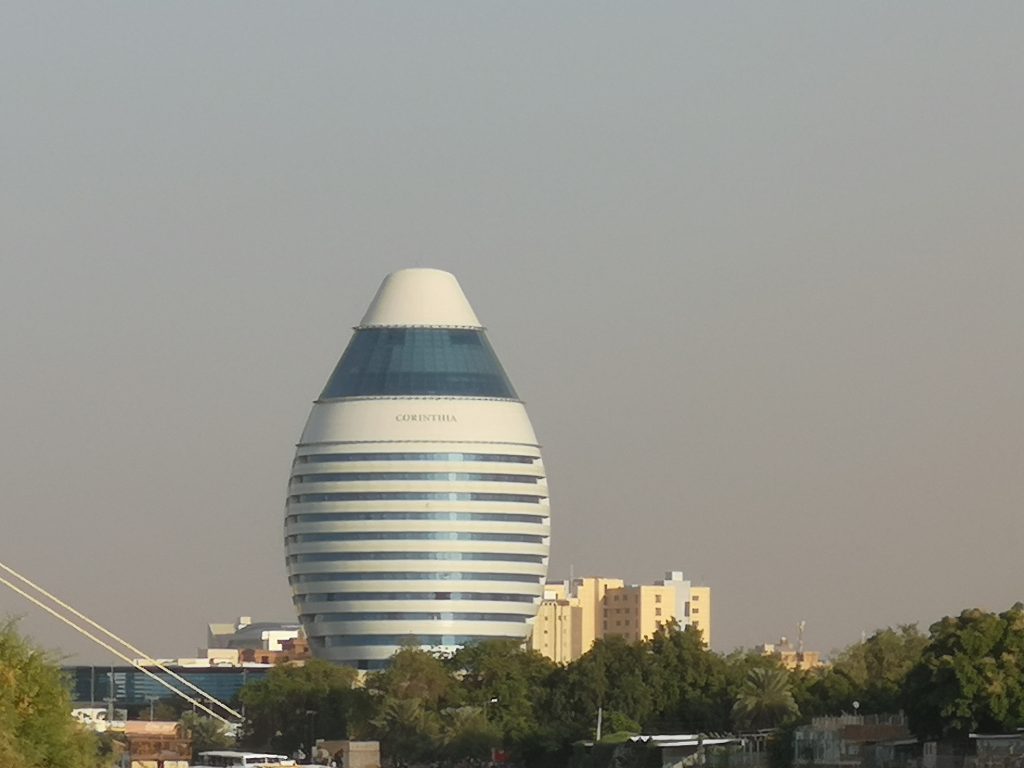
While Sudan used to be one of the biggest exporter of oil around the world, things have taken a drastic turn after the separation with South Sudan. With most of the oil reserves found in the South and the embargo imposed on Sudan, gas is a very scarce commodity. Oil is tightly rationed and distributed to petrol stations very sparingly, with many stations empty for days. When gas is available, people rush unto it and it leads to long queue at the station. This means that downtime should be planned as any part of a trip to Sudan will necessarily include some chasing or waiting for petrol. Whenever Sudanese find a station with the precious black gold, they’ll stop and fill their tank, no matter how full or empty it is. As such, it is important to have someone experience who can navigate through this situation and make sure that your car will have the combustible it needs to take you on your adventure.
There is also a black market for oil, but the oil sold there is often 4 time the price and of very poor quality.
Sudanese are extremely kind, nice and honest

You might have heard bad things from either Darfur or the recent revolution and be afraid that Sudanese are either rough or that the country is dangerous. Far from it! During our time in Sudan, we keep being amazed by how good the Sudanese have been to us and here are some examples. And the country is very safe!
One guest forgot a bag full of money, along with his passport and credit card in an hotel lobby. The bag was found, kept at the reception and we had a call asking us to pick it up.
When shopping for Sudanese traditional clothes, we quickly found out that shopkeepers were charging us LESS than they charged the locals. Only place in the world I have seen that.
Drinking tea by the road, it is not uncommon to stand up and go to pay your bill only to find out that a stranger has paid it for you and left without even fishing for a ‘’thank you’’.
A road was blocked in Khartoum, so instead of having us make a detour, Sudanese soldiers arranged for us to jump in their pickup truck and drive across the blockade.
This is only some of the many examples of hospitality, kindness and friendliness found in Sudan. But cool people is not the only thing found in Sudan.
Sudan is the hipster of Egyptology.
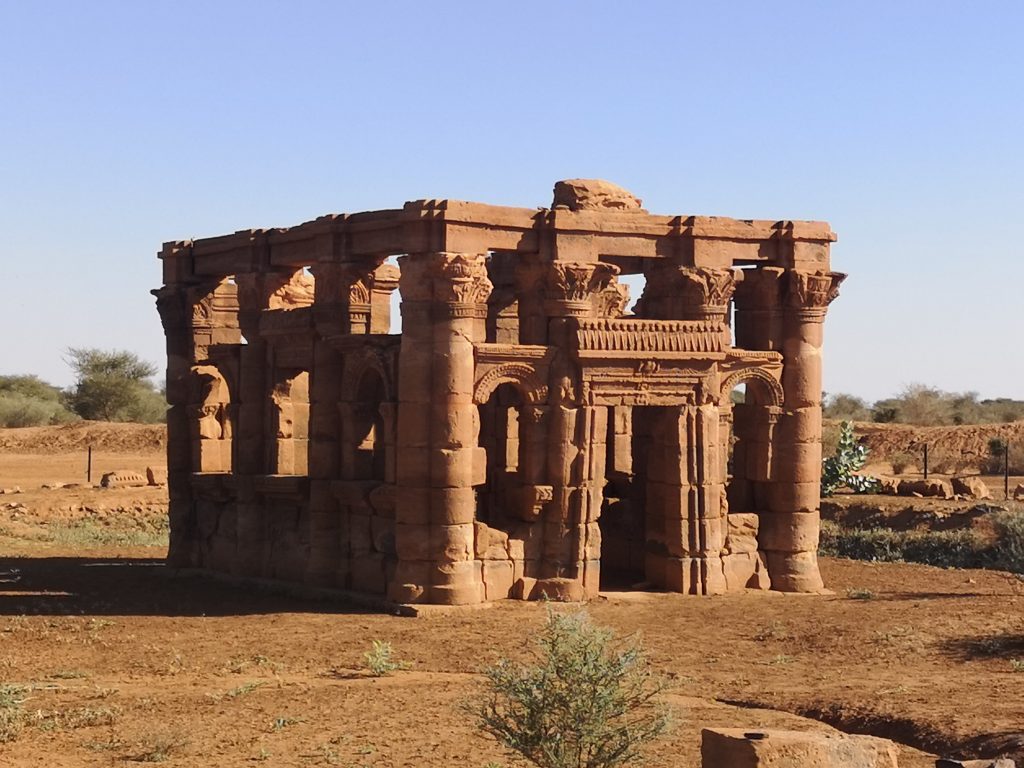
Giza pyramids, thousands of tourists queueing to be harassed for overpriced camel rides, queueing to enter empty pyramids… It could be much better! Sudan has a lot of common history with Egypt but it is very seldom mentioned! Some of the granite used in Egypt was taken from mines in Sudan and pharaohs from Egypt and Sudan constantly invaded each other, leading to a vibrant exchange of culture.
As such, Sudan is filled with temples, pyramids and ruins to fulfill your wildest Indiana Jones fantasy.
Some of Sudan’s sights not only rival but are better than sights in Egypt. The vivid Napatean paintings in Kurru, the Roman Kiosk in Mussawart and the Meroe Pyramids (under which you can camp!) are certainly worth a visit and will blow your mind.
Still want to see Egypt? That’s cool but avoid the crowds and see something different by joining our Alternative Egypt Tours.
As you can see, it is a very positive summary for Sudan and it is truly there and waiting for you to discover it.



